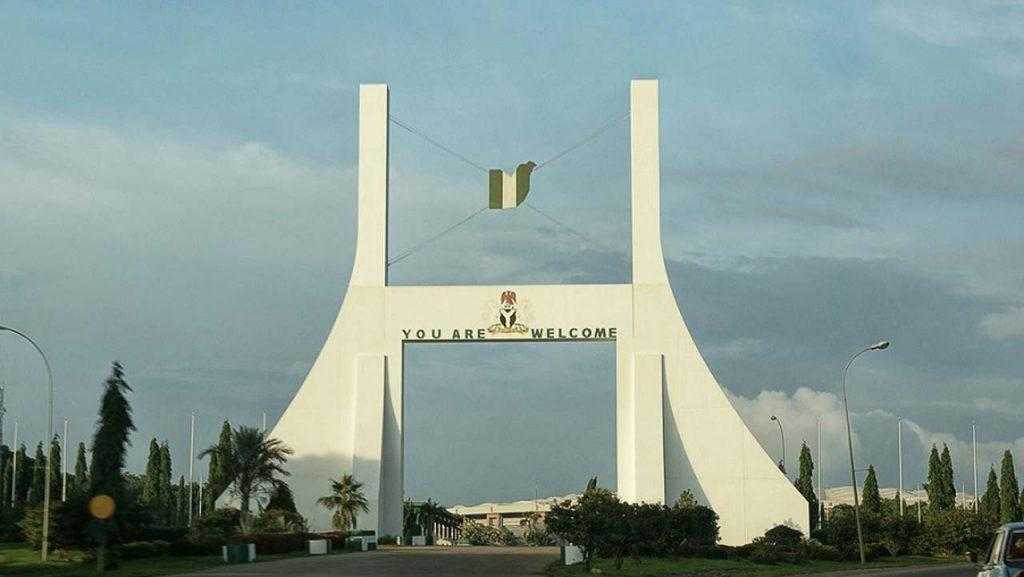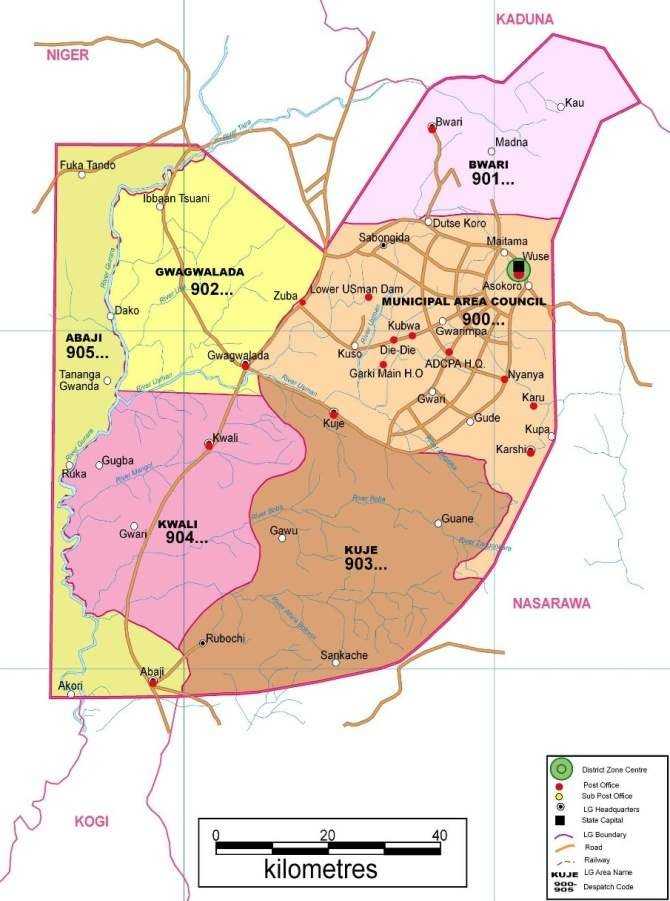Federal Capital Territory
The Federal Capital Territory (FCT) of Nigeria, encompassing Abuja, serves as the country's capital. It's a hub of political, economic, and administrative activities, showcasing modern infrastructure, diverse culture, and rapid urban development, reflecting Nigeria's aspirations on the global stage.

The Federal Capital Territory (FCT) of Nigeria, which encompasses Abuja, holds a pivotal position as the nation's capital, serving as the epicenter of political, economic, and administrative activities. It stands as a symbol of Nigeria's unity and aspirations on the global stage, embodying the country's commitment to progress, development, and inclusivity.
At the heart of the FCT's allure lies its modern infrastructure, meticulously planned and developed to support the functions of a capital city. From iconic landmarks such as the National Assembly Complex and Aso Rock to state-of-the-art government buildings and residential estates, Abuja's skyline reflects the ambition and vision of Nigeria as a rising global player.
Moreover, the FCT is a melting pot of diverse cultures, with people from all corners of Nigeria and beyond converging in the capital city. This diversity is celebrated through vibrant festivals, cultural events, and culinary delights, making Abuja a cosmopolitan hub where different cultures intersect and thrive.
Furthermore, Abuja is synonymous with rapid urban development, characterized by its burgeoning population, bustling commercial districts, and expanding infrastructure network. The city's strategic location, coupled with its status as the seat of government, has attracted investments and opportunities, fueling its economic growth and driving Nigeria's socio-economic development.
In addition to its political and economic significance, Abuja serves as a center for diplomacy, hosting diplomatic missions, international organizations, and diplomatic events that contribute to Nigeria's global engagement and diplomacy efforts.
Despite its achievements, the FCT faces challenges such as urban sprawl, inadequate infrastructure, and socio-economic disparities. However, the government is committed to addressing these challenges through strategic planning, infrastructure development, and inclusive policies aimed at improving the quality of life for all residents.
As the heartbeat of Nigeria, the Federal Capital Territory continues to evolve and adapt, guided by a vision of progress, prosperity, and inclusivity. With its modern infrastructure, diverse culture, and dynamic urban landscape, Abuja remains a symbol of Nigeria's aspirations and potential on the global stage.

- Capital Abuja
- Country Nigeria
- Created
- Population 0
- Official Languages
- Ethnic Groups
- Land Area 0
- Postal Code



